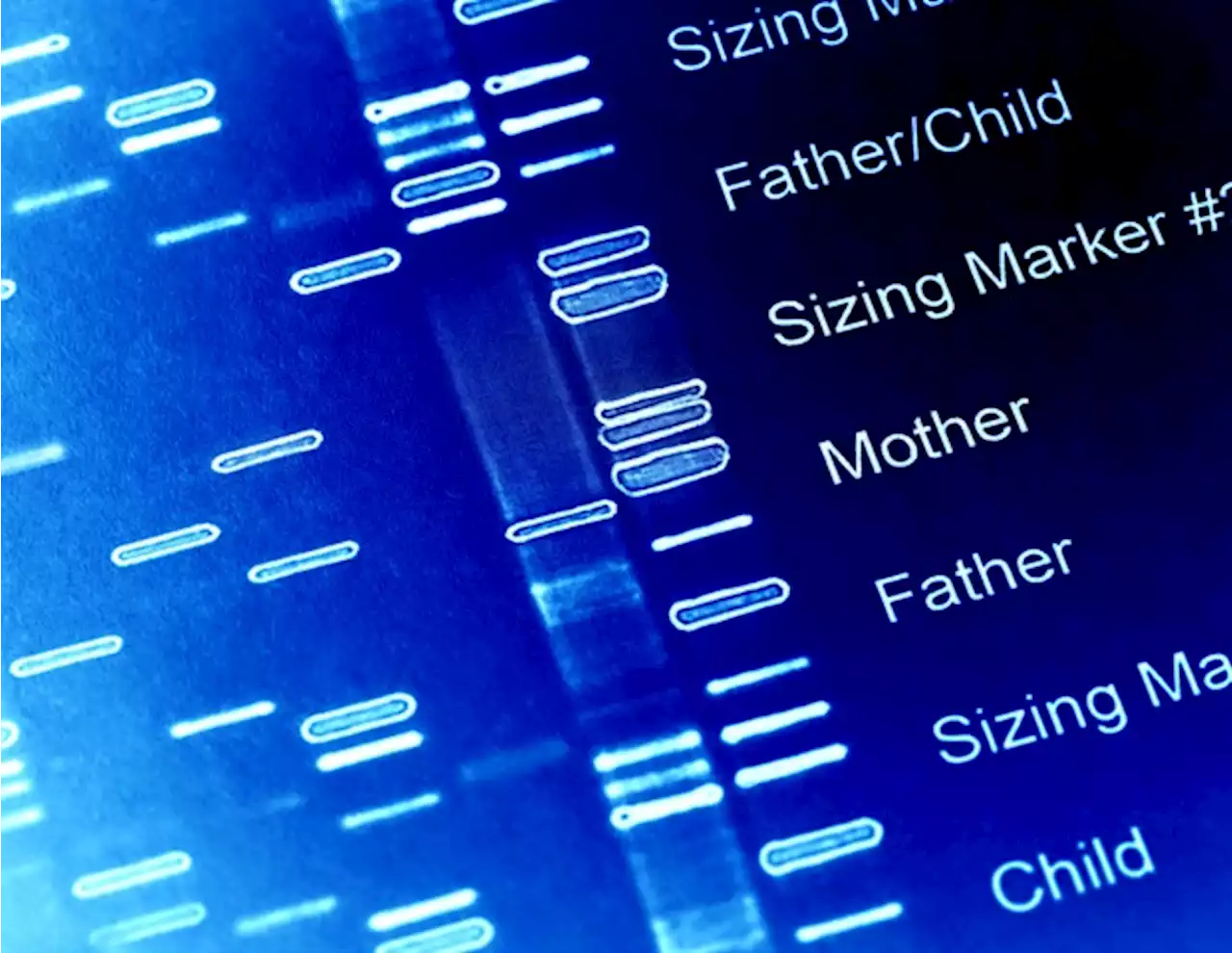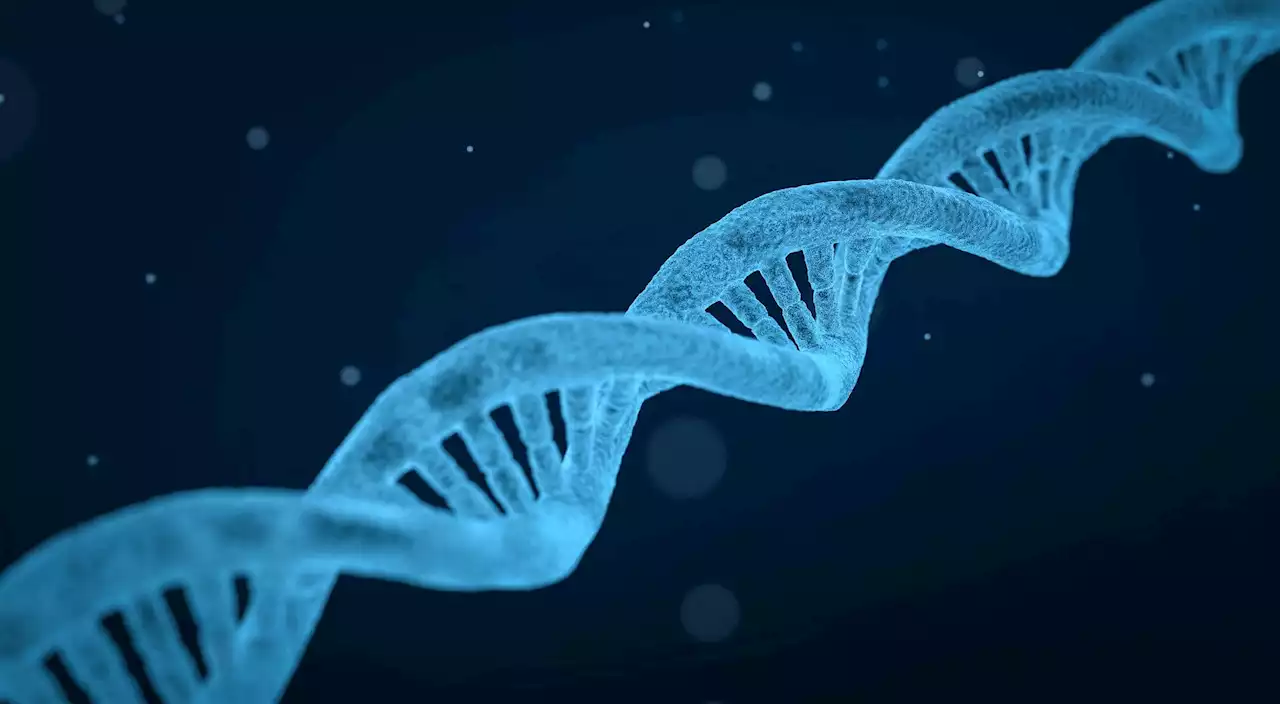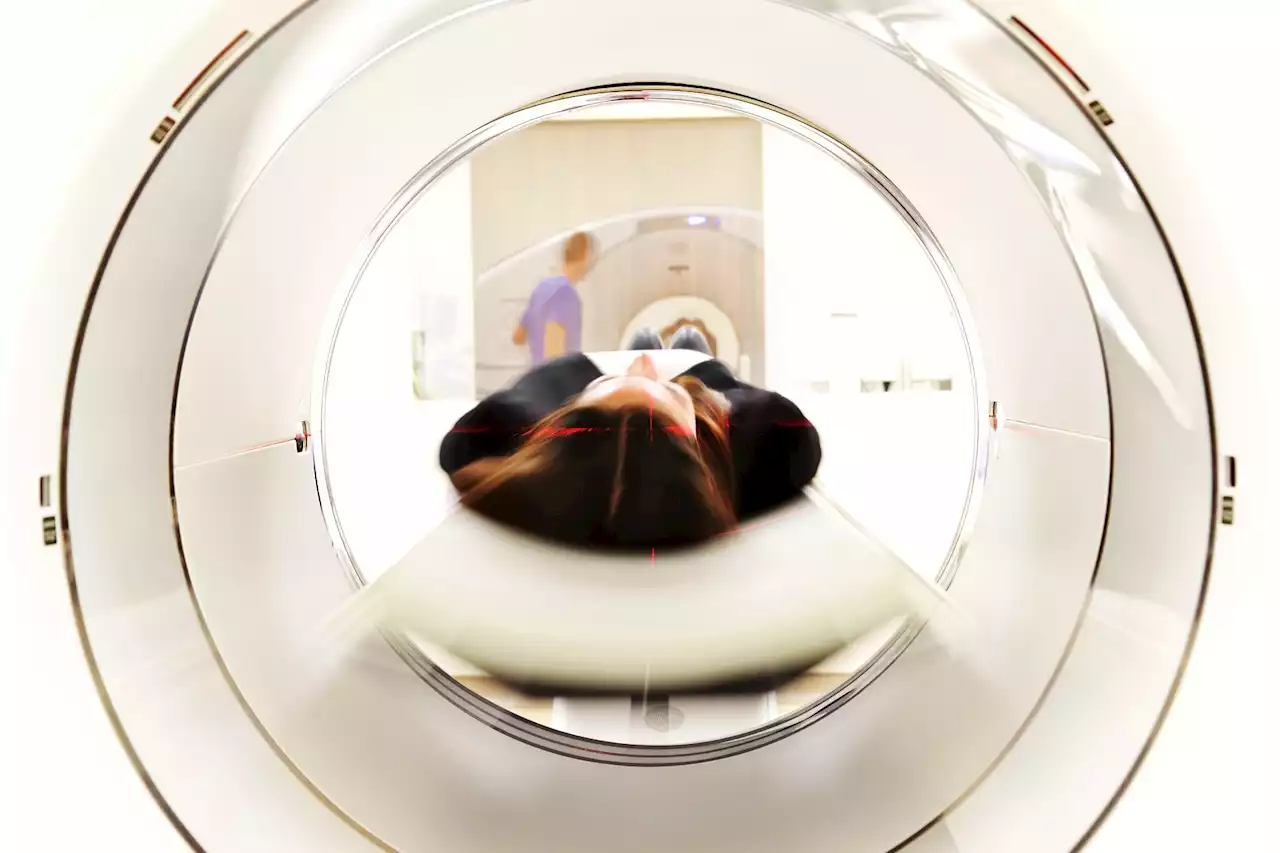Researchers develop a deep learning framework to accelerate ultra-low-field brain MRI, achieving faster scan times and enhanced image quality. The method shows promise in making MRI more accessible and reliable, especially in settings with limited access to high-field scanners.
By Tarun Sai LomteSep 25 2023Reviewed by Susha Cheriyedath, M.Sc. In a recent study published in the journal Science Advances, researchers described a deep learning -based reconstruction framework to accelerate brain magnetic resonance imaging at 0.055 tesla .
Nevertheless, the lower signal-to-noise ratio at ULF may undermine its clinical value, limiting widespread adoption. Further, nearly all ULF MRI developments rely on conventional image reconstruction methods from high-field MRI, compromising the usefulness of ULF MRI. Therefore, exploring alternative approaches to image reconstruction is necessary to improve the quality and speed of ULF MRI.The study and findings The present study described a DL-enabled framework for rapid brain MRI at ULF.
The PF-SR model reduced PF-related artifacts and noise. Further, there was a substantial enhancement in spatial resolution. When ULF data were reconstructed using the conventional non-DL method, PF-SR outperformed the non-DL method in noise reduction and reconstruction of anatomical structures. The researchers observed that noise and PF-related artifacts were effectively reduced with PF-SR and spatial resolution was enhanced relative to the non-DL method. PF-SR delineated cerebrospinal fluid and white/grey matter. Structures recovered in PF-SR had higher clarity than non-DL and were consistent with the 3 T reference.
United Kingdom Latest News, United Kingdom Headlines
Similar News:You can also read news stories similar to this one that we have collected from other news sources.
 Researchers crack the genetic code of rare form of kidney cancerThe genetic code of a rare form of kidney cancer, called reninoma, has been studied for the first time. In the new paper, published today (25th September) in Nature Communications, researchers at the Wellcome Sanger Institute, Great Ormond Street Hospital and The Royal Free Hospital also revealed a new drug target that could serve as an alternative treatment if surgery is not recommended.
Researchers crack the genetic code of rare form of kidney cancerThe genetic code of a rare form of kidney cancer, called reninoma, has been studied for the first time. In the new paper, published today (25th September) in Nature Communications, researchers at the Wellcome Sanger Institute, Great Ormond Street Hospital and The Royal Free Hospital also revealed a new drug target that could serve as an alternative treatment if surgery is not recommended.
Read more »
 Researchers develop new method to deliver strong antibiotic drugs more safelyAntibiotic resistant bacteria are a threat to human lives, and yet the development of new drugs to treat bacterial infections is slow.
Researchers develop new method to deliver strong antibiotic drugs more safelyAntibiotic resistant bacteria are a threat to human lives, and yet the development of new drugs to treat bacterial infections is slow.
Read more »
 Researchers crack genetic code of rare kidney cancerThe genetic code of a rare form of kidney cancer, called reninoma, has been studied for the first time. In a paper, published in Nature Communications, researchers at the Wellcome Sanger Institute, Great Ormond Street Hospital and The Royal Free Hospital also revealed a new drug target that could serve as an alternative treatment if surgery is not recommended.
Researchers crack genetic code of rare kidney cancerThe genetic code of a rare form of kidney cancer, called reninoma, has been studied for the first time. In a paper, published in Nature Communications, researchers at the Wellcome Sanger Institute, Great Ormond Street Hospital and The Royal Free Hospital also revealed a new drug target that could serve as an alternative treatment if surgery is not recommended.
Read more »
 Researchers investigating whether meerkats pick up on human emotionsThey hope any findings might be able to help improve experts’ understanding and management of different species.
Researchers investigating whether meerkats pick up on human emotionsThey hope any findings might be able to help improve experts’ understanding and management of different species.
Read more »
